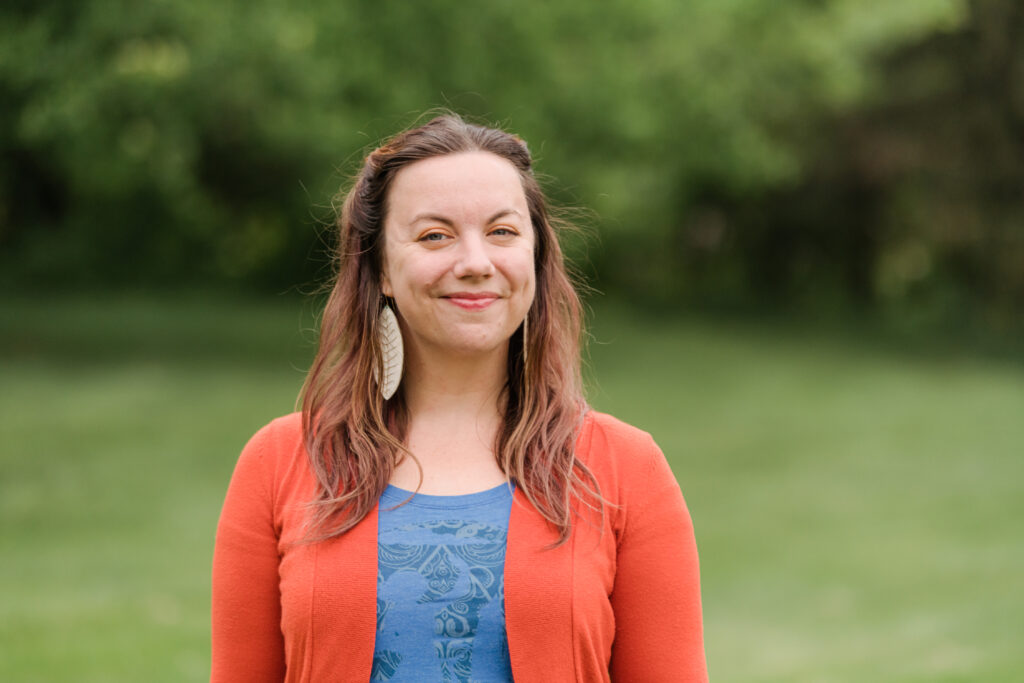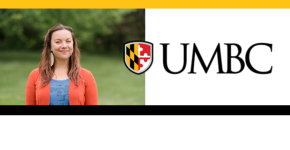 The aging boom is coming, and not everyone will have family to care for them.
The aging boom is coming, and not everyone will have family to care for them.
Christine A. Mair, associate professor of sociology and gerontology at the University of Maryland Baltimore County, explores how to prepare for this hurdle.
Christine A. Mair is an Associate Professor of Sociology and Gerontology and Director of the Center for Health, Equity, & Aging (CHEA) in the Department of Sociology, Anthropology, & Public Health at the University of Maryland, Baltimore County (UMBC) located in Baltimore, Maryland, USA. She also holds a secondary appointment in the Department of Epidemiology & Public Health in the University of Maryland School of Medicine. Her research examines the presence or absence of family and non-family ties and seeks to document how social integration and support (or lack thereof; e.g., “kinlessness”) shape mental health, physical health, end-of-life experiences, and other aspects of well-being especially cross-nationally.
Caring for Kinless Older Adults
Globally, a massive, never-before-seen, and potentially irreversible transition is occurring in human societies that will yield profound social, cultural, and economic implications. People across the world are living longer than ever before and having fewer children than any previous time in human history. As a result, the age composition of the global population is going to flip—dramatically. Although we currently have twice as many people under the age of 15 compared to those over 65, the aging population is going to boom, with older adults outnumbering infants, children, and teenagers by 2060. This change is absolutely unprecedented and we are not prepared.
Furthermore, many of these older adults will also be unpartnered due to never marrying, divorce, or their eventual widowhood. These three intersecting trends of high longevity, low fertility, and low partnership will culminate to produce a growing population of people who are both unpartnered and childless. This group is sometimes referred to as “kinless.”
So-called “kinless” older adults will be particularly vulnerable in this aging boom because, across the globe, current models of society privilege people who are married with children. For example, most healthcare and long-term care systems are designed to rely heavily on partners and children to provide daily care at home, transportation to services, and financial support.
So, what can we do now to prepare for the inevitable boom in aging “kinless” people?
First, we must continue to broaden our cultural and especially legal definitions of the family beyond the nuclear family to include extended family and friends, who can be available to provide support.
Second, we must start redesigning our healthcare systems now to no longer privilege traditional families.
If we begin to prioritize people with non-traditional family structures in our cultural, legal, and social institutions, then we can make immense progress over the next 50 years to prepare for the inevitable.
Read More:
Freedman VA, et al. (2023). “The Changing Demography of Late-Life Family Caregiving: A Research Agenda to Understand Future Care Networks for An Aging U.S. Population.” The Gerontologist. https://pubmed.ncbi.nlm.nih.gov/36999951/
Mair, Christine A. (2019). “Alternatives to Aging Alone?: ‘Kinlessness’ and the Importance of Friends across European Contexts.” Journal of Gerontology: Social Sciences 74(8):1416-1428. https://doi.org/10.1093/geronb/gbz029
Roser, Max. (2014). “Fertility Rate”. Our World in Data. Retrieved from: https://ourworldindata.org/fertility-rate
Roser, Max, Ortiz-Ospina, Esteban, Ritchie, Hannah. (2013).”Life Expectancy”. Our World in Data. Retrieved from: https://ourworldindata.org/life-expectancy
Verdery AM, Margolis R, Zhou Z, Chai X, Rittirong J. “Kinlessness Around the World.” (2019). Journal of Gerontology: Social Sciences 74(8):1394-1405.
https://pubmed.ncbi.nlm.nih.gov/30423167/
World Health Organization, National Institute on Aging, National Institutes of Health, U.S. Department of Health and Human Services. (2017). “Global Health and Aging.” Retrieved from: https://www.nia.nih.gov/sites/default/files/2017-06/global_health_aging.pdf

Comments
One response to “Christine A. Mair, University of Maryland Baltimore County – Caring for Kinless Older Adults”
So important and well said!